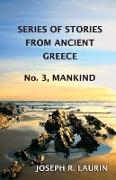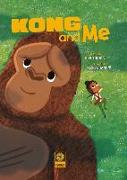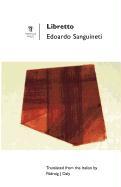- Start
- Mankind
Mankind
Angebote / Angebote:
A woman's hair was an important feature of her beauty and the way she kept it an expression of her pride. In the privacy of her home, she let her hair down but, as soon as she appeared in the presence of others, especially women, she deplored her hair being uncouth or cut short, like Electra did. Out of envy, this Electra resented her Aunt Helen's hair being red and beautiful. Once, after Helen visited her, she snapped: "See how she cut off just the ends of her hair, trying to keep her beauty unchanged." (Euripides, Orestes, 128-131)
For men, hair was often related to baldness like the positive to the negative. A Greek enigmatic fabulist of the sixth century BCE, named Aesop, allegedly told the story of a bald man who was bitten on the head by a fly. When he attempted to kill the fly, he missed and smacked himself hard on the head. Flying away, the fly laughed and said: "You added insult to injury."
The Greek dramatist Aeschylus (525-456 BCE), father of Tragedy, was as bald as a marble and, at Gela, in southeast Sicily, it killed him when an eagle that had snatched a tortoise and carried it in flight, dropped it to break the shell on his bald head it had mistakenly taken for a stone. (See pp. 40-41)
Folgt in ca. 5 Arbeitstagen




